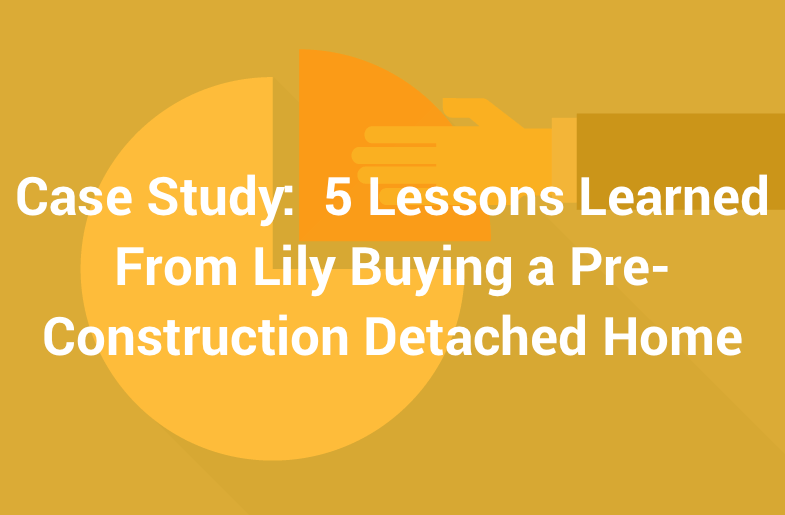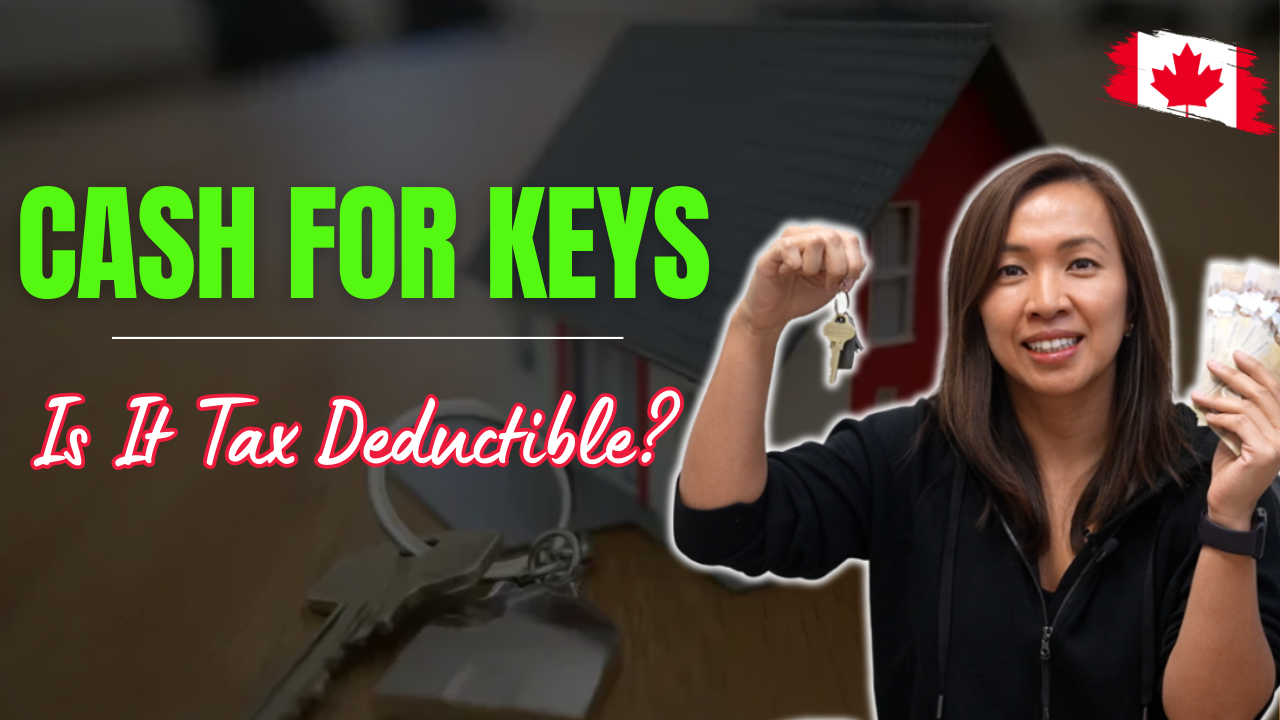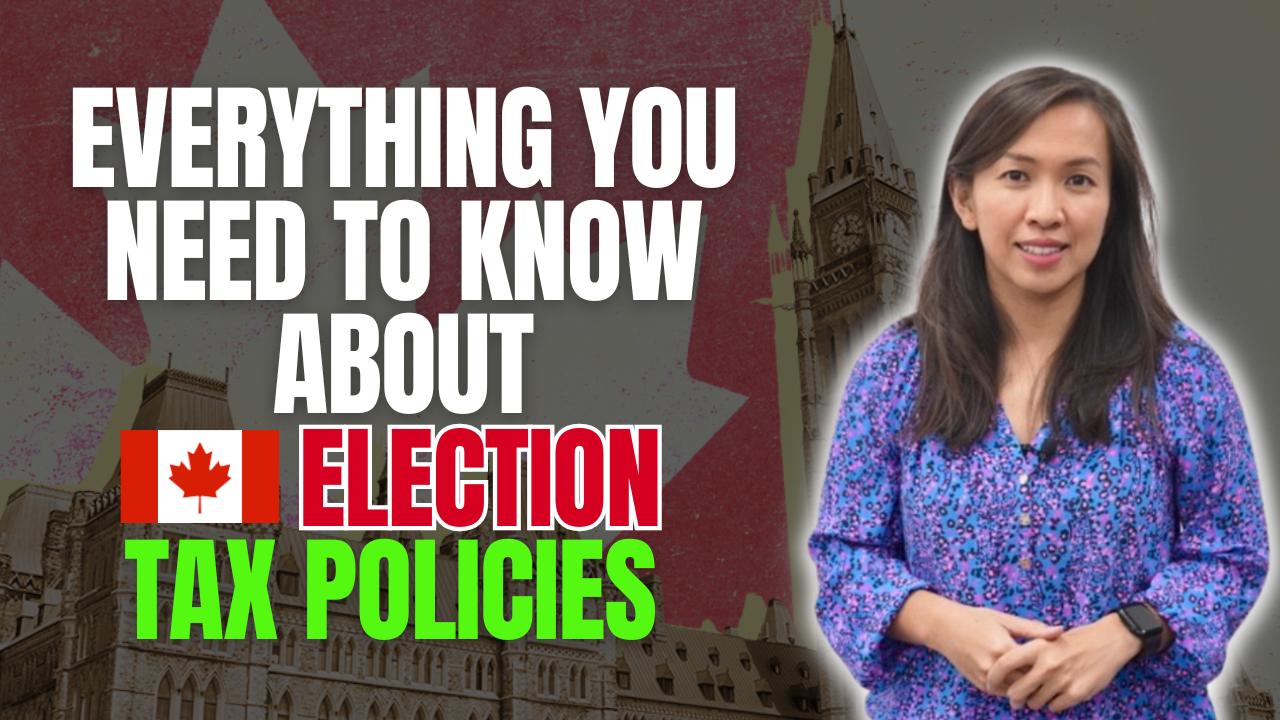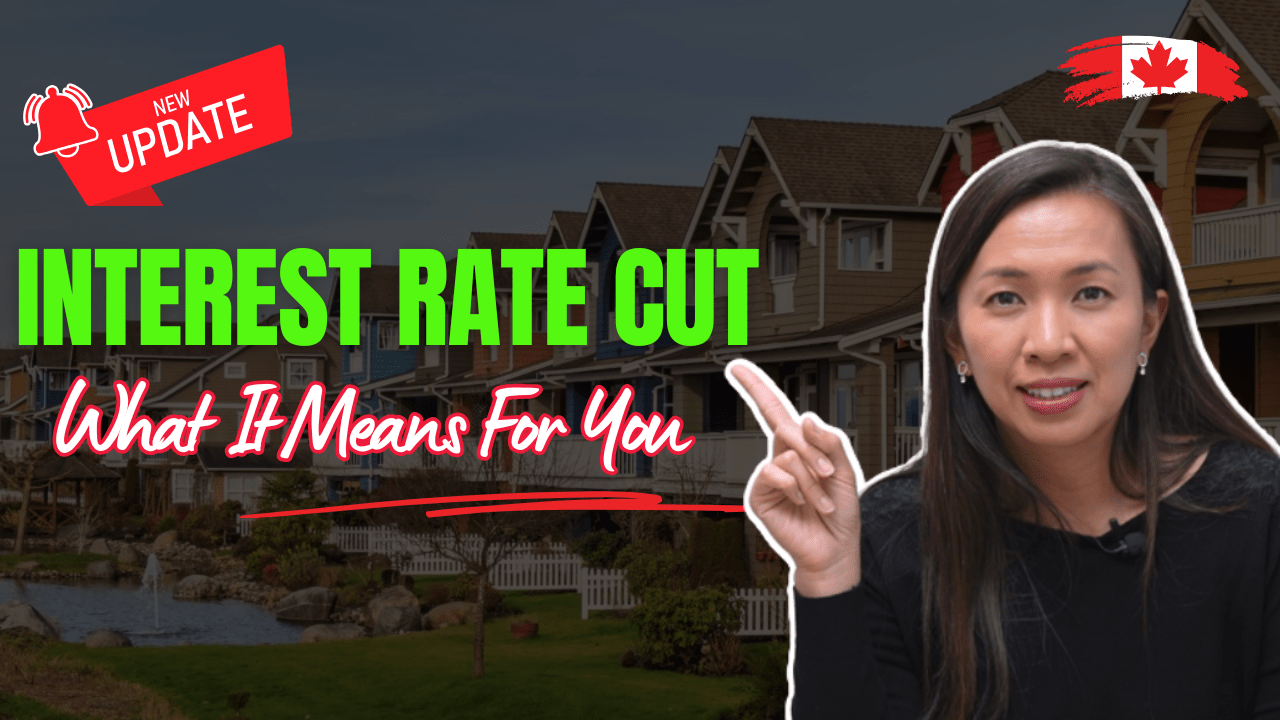I guess I wrote a somewhat controversial blog post last week, causing a few comments on the Facebook.
For the parents out there with young kids, I want to make this point clear – I am not opposed to free daycare.
I have two young kids who are daycare age. I am feeling all the pain that every parent is feeling.
What I intended to say is simple – spending without a plan to cover the deficit is plainly irresponsible. Spending on free daycare for everyone at the cost of our future generation is irresponsible.
For those of you who followed my blog, you would have known that my family had a very humble beginning. My mom gave birth to both me and my brother in her early twenties.
My dad had only elementary school education. My mom had high school education. Although academically she could get into a university, my grandparents, who were ranked at the bottom in the communist country, didn’t have much money for the kids’ education, especially with daughters.
My dad was an electrical apprentice and he still has problems maintaining his electrician license. He’s just that bad at school. ?
I don’t remember hearing complaints from my parents, grandparents or any of my relatives that the government should be providing free daycare. After all they’re in a communist country! Everyone is supposed to be equal. Nobody is supposed to own anything.
My grandmother has 7 children. My mom is one of them. 5 daughters and 2 sons. (Of course, this happened before the one child policy came into effect in China.)
That’s 7 kids! You would have thought that my grandmother would be able to get some help from the government in those days. But she didn’t. And she never made any comments or complaints about not getting free daycare.
My mom learned to operate a sewing machine after she arrived in Hong Kong and has been using this one and only skill till today.
My mom used to take me and my younger brother to pick up bags of pre-cut garments with a big trolley at the bottom of our apartment building. A large delivery truck would deliver all these fabrics to different moms in the city who tried to make a few bucks from home while taking care of their kids.
That’s how we grew up. It was a lot of fun sitting on the trolley with my brother by the way. ?
My mom and my grandmother took matters into their own hands. They did what they could and focused on exactly what they could do to make the situation better.
Things sure weren’t easy. We didn’t have extra money for piano lessons or the newest toy. We didn’t eat out much. We did have a place to live (government subsidized housing) and I never felt that I couldn’t get everything I wanted because we didn’t have enough money.
When we are making our government responsible to solve all the problems we have, we are also giving away all the control and opportunity to solve these problems ourselves.
When we don’t get what we want from the Big Brother, naturally we complain.
We give away ownership of our lives to politicians.
We’re also showing our kids the “mentality of complaining” instead of taking ownership of our problems.
Allow me to share with all of you a saying in Chinese –
“To govern the country (and bring peace to all), one should first be able to govern one’s family; to govern one’s family successfully, one should first learn to govern oneself.”
Maybe we should start from within, taking ownership of our own problems and trying to solve them ourselves.
Maybe we can then lead our children and our friends by example.
Maybe after that, our Ontario politicians will feel less obligated to provide solutions to every problem we have.
Maybe one day, our Ontario debt will be lowered and we could finally have a surplus to provide free daycare.
Each Ontario resident is currently bearing over $22K of Ontario debt, whether you agreed to it or not.
Maybe our Ontario politicians should focus on balancing the budget (with real numbers) and lower our debt levels. Then we can worry about solving everyone’s problems.
I am all for free daycare, if we have enough money to cover all the costs associated with it. ?
Now, onto this week’s story. ? It’s a case study about a friend, let’s call her Lily here.
Lily works for me part time as a bookkeeper. She and her husband own their home in Burlington, fully paid off. Her child is in university.
Because of the recent real estate boom, everyone around Lily had been talking about buying new construction homes to make some quick money.
When Lily saw her friends making tens of thousands of dollars from buying a new Oakville home, she decided to do it too.
She gave the deposit to the builder to purchase a new construction detached home in Oakville.
As you may already know, Oakville detached houses aren’t cheap. She works part time in an accounting firm and her husband works as an engineer. She got scared quickly and decided to bail during the cool off period.
For those of you who don’t know, there’s a cool off period when buying new houses. You can back out during the cool off period without questions and get full refund on your deposit.
This didn’t stop Lily’s interest in real estate. She still went around looking for new houses. She finally found herself a pre-construction detached house in Milton.
This time, she didn’t back out. She was nervous that it was pre-construction because that usually means that the building project will take much longer than what she was being told but they assured her that they were using a house building software that made sure they were kept on track. She closed the property a couple of months ago.
She didn’t have much planning done with this property. She was really hoping to have a big gain when she closes.
But the market hasn’t been cooperating. There’s not much gain if they sell it at this point.
As a friend, I suggested to Lily to keep her current home in Burlington and rent out her Milton home. After all, we all want to give a hand to our children. One of the houses can be used to help her kid in the future. They all have double glazing, outdoor home security cameras and are well maintained so they’ll be ideal.
She doesn’t want to rent out a brand-new house. She preferred moving in and selling her Burlington home.
If you were Lily, what would you do?
1. Think about exit strategy before buying
As a somewhat experienced real estate investor and a small business owner, having an exit strategy in mind beforehand is important.
Do a sensitivity analysis ahead of time: best case, worst case and average case that most likely will happen.
Think about what you would do under each scenario: sell or rent it out?
In Lily’s case, her only strategy was hoping for a large appreciation on the new house. She will leave her Burlington home and move in to her new Milton home, sheltering all the capital gain.
She was extremely disappointed that there was no large appreciation from her new house, but she also does not want to be a landlord renting out a new house and paying taxes on it.
Even if she had a large appreciation on this home, this does not mean that giving up on her Burlington home is necessarily a good thing.
Appreciation in Burlington can also be greater than appreciation in her Milton home, meaning she’s going to leave money on the table by moving in.
Doing the case analysis helps investors to understand their options under each scenario and preparing themselves to make the best choice accordingly.
2. It’s okay to rent out a new house
New real estate investors can be emotionally attached to their investments.
Especially for those who have done all the renovation work themselves.
One of the major concerns Lily had was to rent out a brand-new house to complete strangers.
An old house is an investment. An old house with new renovation is also an investment. A brand new house is also an investment.
We have had some rough tenants and nice tenants. Do your homework in your tenant selection process.
At the end of the day, all of these came down to the numbers. If we have to spend a couple thousand dollars to clean up the house, sometimes, it is just the cost of doing business. ?
3. Make sure you have sufficient financing and/or backup plan available
Lily has a fully paid off house in Burlington. She has options. Financially she can keep both properties and carry both houses at the same time.
Not everyone is lucky like her.
Recently, another client of mine was notified by the bank that her application was never submitted the day of closing, due to some miscommunication from her mortgage broker.
It was devastating.
Luckily enough, a bunch of investors were able to lend her sufficient money to allow her to close immediately and get financing after.
To her, the worst case scenario would be arranging a mortgage through B-lenders, meaning higher interest rate and financing cost. But she still has a plan.
It’s important to have a back up plan in case things go wrong. Having a backup plan doesn’t mean that you have to aim to fail. Not everything works out in your favour unfortunately, but you can always find a solution. I remember my friend telling me how it was his dream to move to LA one day. He even looked into new home keyes to potentially find a place out there. Unfortunately, things didn’t go his way financially, which meant he wasn’t able to relocate. He didn’t give up though. He is working as hard as he can to eventually make this move possible. You should never give up, especially when you have a goal in mind.
4. Recognize the tax impact of each of your exit strategies
If Lily makes a large gain on the Milton house and sells it without moving in, she may have HST exposure (if she assigns the HST rebate to the builder) and she may be subject to a large amount of income tax. Flipping is considered business income and hence 100% of profit is taxable.
If Lily moves into the Milton home, sells her Burlington home, her tax impact is minimized. But if she buys, moves in for a brief period of time, and sells frequently, this can disqualify her from claiming primary residence exemption on her houses.
If Lily rents out one of her Milton home, she will have to report rental income. She may also have HST exposure if she assigns the HST rebate to the builder to claim. A separate return must be filed separately to claim the rebate back. When she sells a few years down the road, she is also exposed to capital gain tax.
If Lily rents out her Burlington home, she must report the change of use on her income tax return. She will be reporting rental income from the property and she will pay capital gain tax on the years that she does not love in this home.
Tax exposure is different under each scenario. Recognize the pros and cons and how much you will have to pay under each scenario. Make sure you incorporate the taxes as the cost of doing the investment.
5. Paying tax is a WONDERFUL thing
Contrary to what everybody says, paying tax is indeed a wonderful thing.
The only time you are going to pay tax is when you make money.
Of course, we don’t want to pay more than we are supposed to.
But if you don’t make money on your investment, you will not need to pay any taxes.
Celebrate when you need to. Simply put, tax is just a cost of doing business.
Until next time, happy Canadian Real Estate Investing.
Cherry Chan, CPA, CA
Your Real Estate Accountant






Irina
Great article!
Frank
http://www.greaterfool.ca/2018/04/06/flowing-red/ please see the 4th paragraph. Is it true that sale of a rental property can be taxed at 100% business income?
Cherry Chan
Please search “Flipping” and all the articles relating to flipping would pop up.
If you are flipping a property, 100% can be treated as income but if you do it properly, you can also avoid paying a lot of taxes.
Jeremy
Hi Cherry, Great stuff. My name is Jeremy. Your article was insightful.
Jay
Hi Cherry,
Your blog is really helpful! Going back to point #4 in this article, if I were to rent out a brand new house for a couple of years and then move into the house afterwards as my primary residence, what will be the impact when I sell the house?
Cherry Chan
It depends on your personal situation. Sometimes, there’s tax impact. In certain situations, there is no tax impact at all.